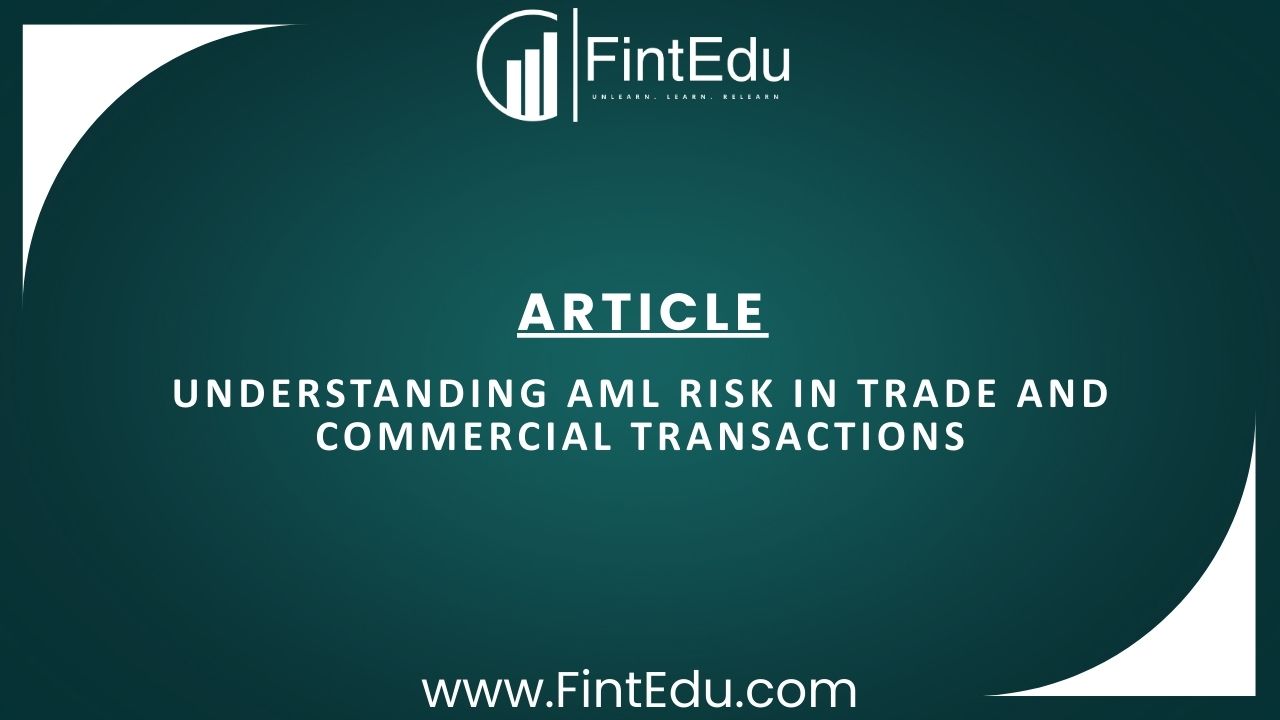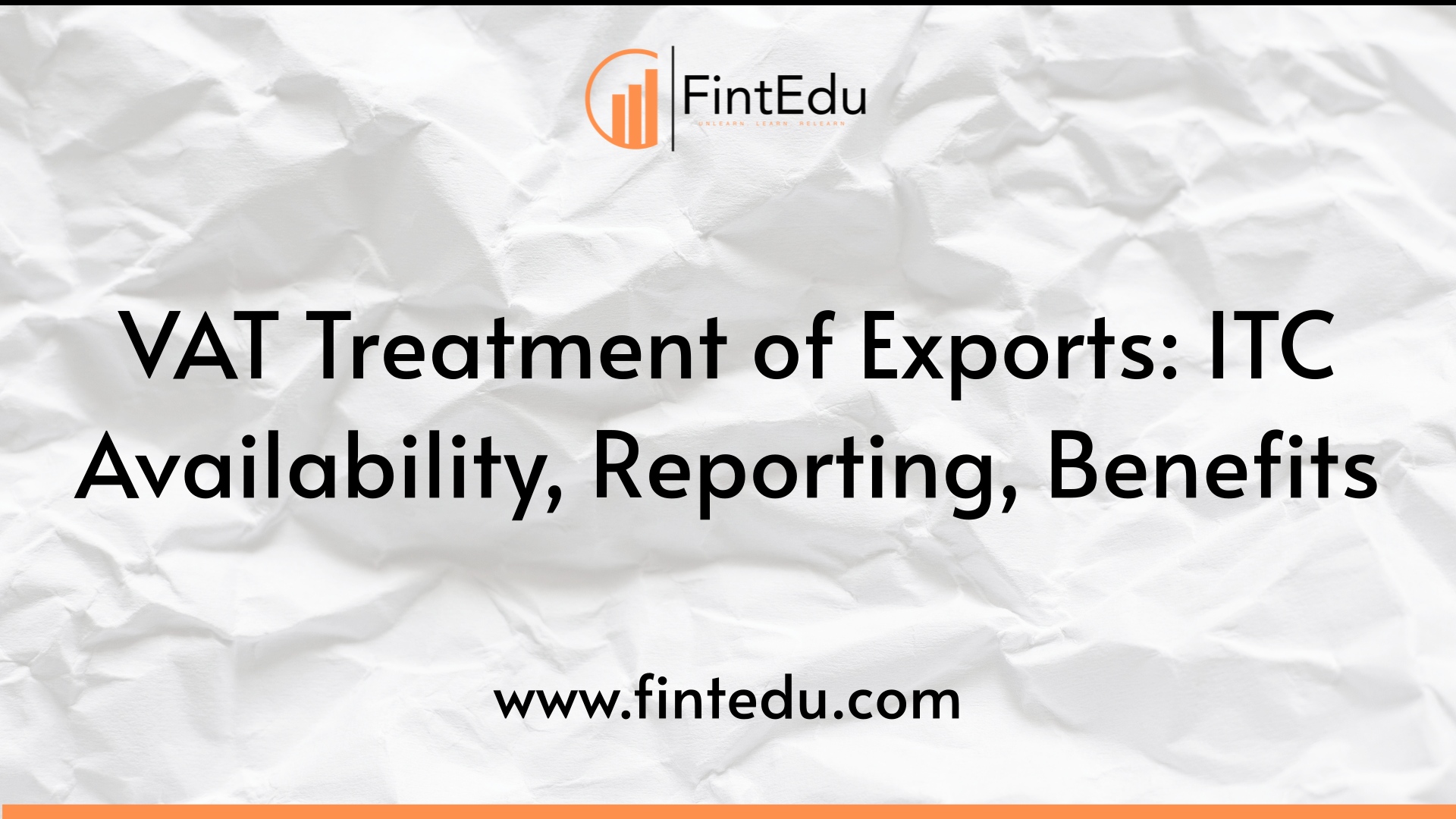LISTEN TO THIS ARTICLE
Value Added Tax (VAT) is a crucial component of the tax system for many countries, including the Middle East countries. For businesses engaged in export of goods and services, understanding the VAT treatment of exports is essential.
This article explores the VAT treatment of exports, the benefits offered under VAT, the availability of Input Tax Credit (ITC), and the significance of reporting from a general perspective. The VAT laws of different countries may differ, yet the broad principles remain the same.
VAT Treatment of Exports
Exports of goods and services are typically zero-rated under VAT. This means that the tax rate applied to exported goods and services is 0%.
Businesses involved in exporting can charge 0% VAT on their sales to customers abroad, while still being able to recover ITC in respect of VAT incurred on their expenses related to these exports. The zero-rating of exports is intended to ensure that exports remain competitive in the international market by not burdening them with VAT costs.
To qualify for the zero-rating, exporters must adhere to specific conditions and maintain appropriate documentation as proof of export. These conditions and documentation requirements vary by jurisdiction but generally include proof of shipment, customs declarations, and commercial invoices. Besides, export proceeds must also be remitted to the country of the taxpayer within the prescribed time.
Input Tax Credit (ITC) Availability
Governments recognise exports as transactions to boost international trade. Hence, exporters enjoy the benefit of zero-rating under VAT. Despite this, ITC on input goods and services utilized for the purpose of export is available to the taxpayer.
Subject to the specific provisions under domestic law, ITC can be availed as set-off against VAT payable on domestic supplies (which may not be zero-rated). Any unutilized VAT can also be claimed as a refund by making a suitable application.
To claim ITC, taxpayers must file their tax returns on a timely basis, hold valid tax invoices for the purchases and expenses on which they are claiming ITC and their suppliers must be registered under VAT.
Reporting Export Transactions
In VAT returns, there is a separate category for reporting export transactions. Taxpayers must ensure that exports are reported at the appropriate place in the VAT returns to claim benefit of zero-rating.
Benefits under VAT
By zero-rating exports, taxpayers can offer their products and services at competitive prices in the global market without the added burden of VAT.
Besides, zero-rating of exports improves the cash flow of taxpayers as they do not have to pay VAT on supplies and can also VAT paid on their purchases and expenses related to exports. This improves competitiveness in international markets where many international contracts provide that the exporter must bear VAT liability in his country.
Conclusion
The world is a global village. Taxpayers are often engaged in international trade. Hence, it is imperative for the taxpayers and their finance personnel to understand VAT implications of export transactions.
Disclaimer: Content posted is for informational and knowledge sharing purposes only, and is not intended to be a substitute for professional advice related to tax, finance or accounting. The view/interpretation of the publisher is based on the available Law, guidelines and information. Each reader should take due professional care before you act after reading the contents of that article/post. No warranty whatsoever is made that any of the articles are accurate and is not intended to provide, and should not be relied on for tax or accounting advice.
Contributor
Related Posts

The UAE has introduced a new top-up tax regime as part of its commitment to global tax reforms und...
Read More
Anti Money Laundering is often viewed as a complex regulatory requirement. In reality it plays a sim...
Read More
Trade and commercial activity form the backbone of regional economic growth. Large volumes of goods ...
Read More